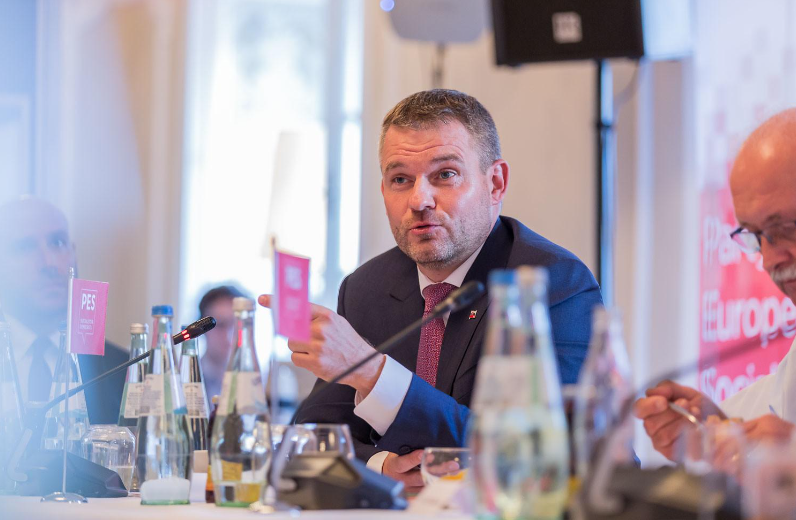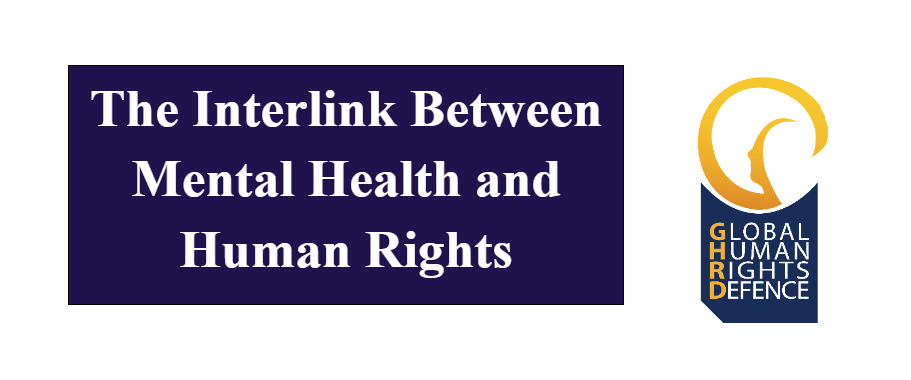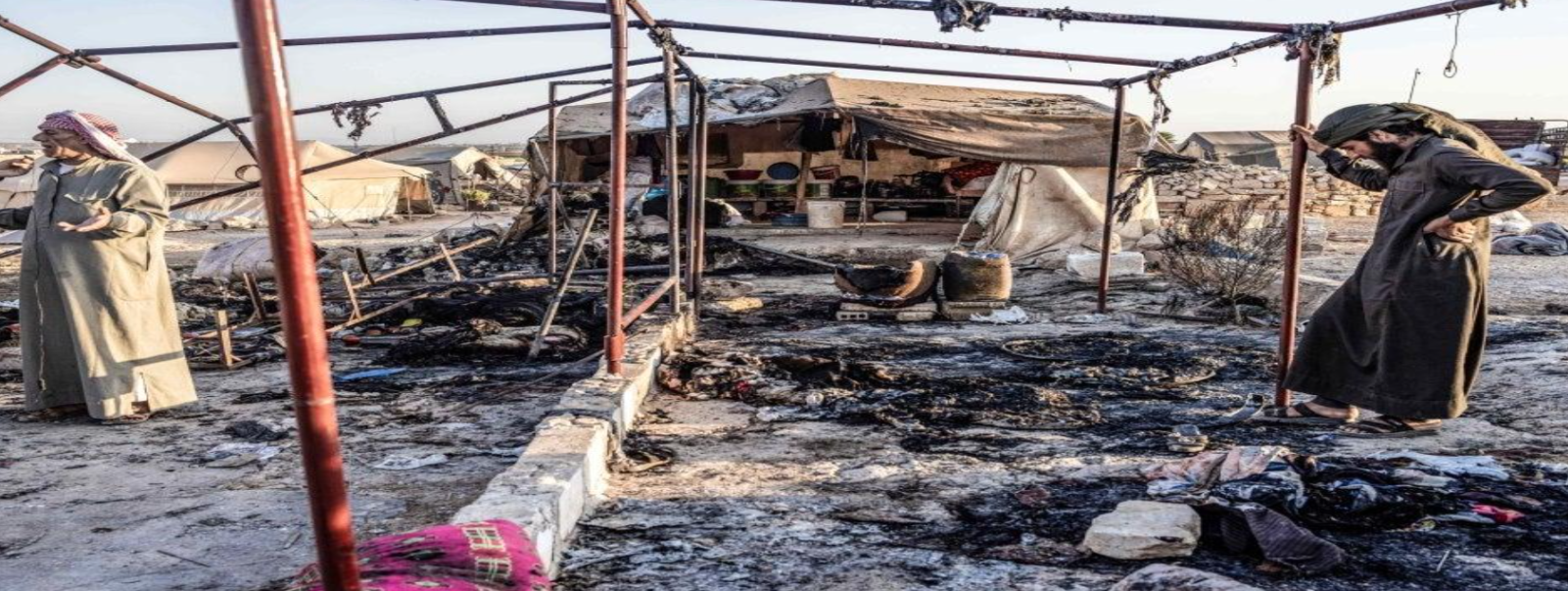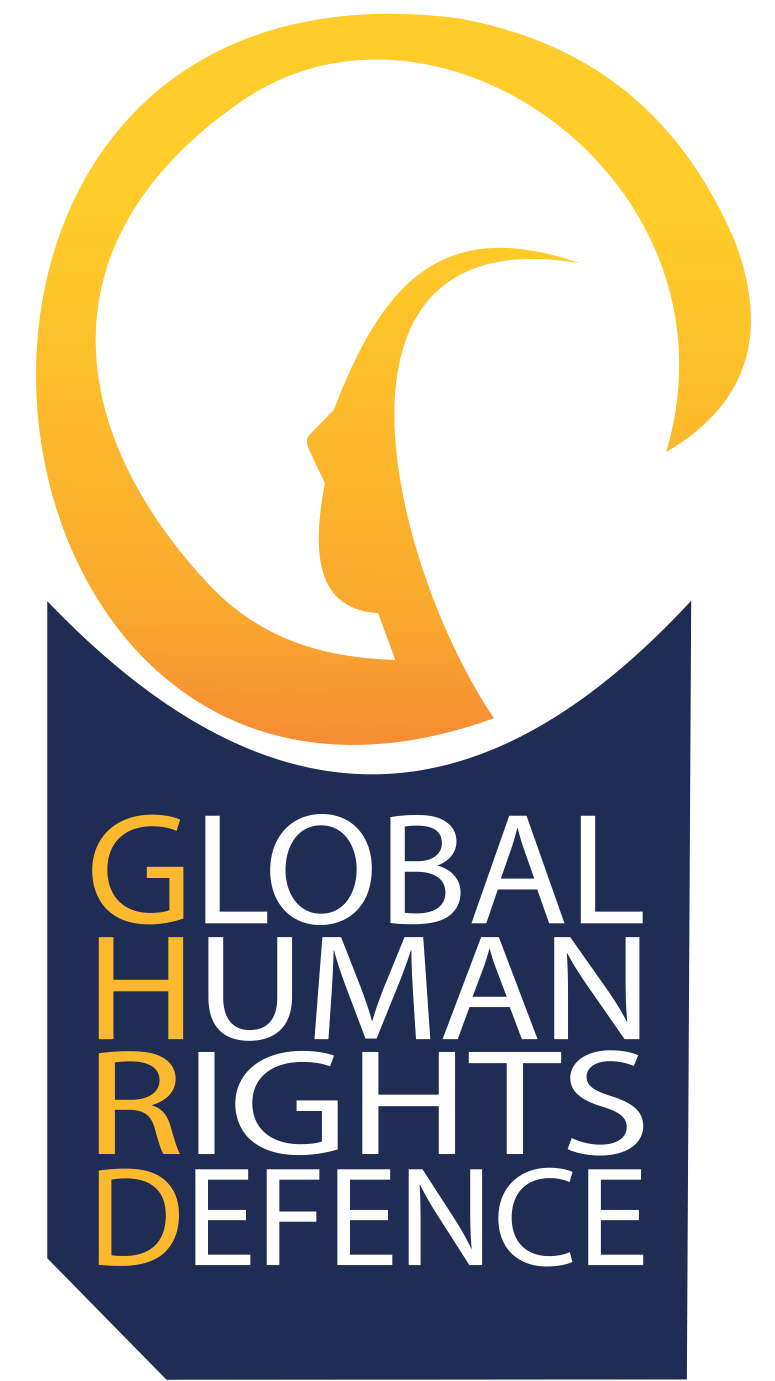- info@ghrd.org
- Mon-Fri: 10.00am - 06:00pm
Censorship and Media Freedom in Cambodia
Censorship and Media Freedom in Cambodia
Author: Angelica Wahono & Lone de Chene
Department: Southeast Asia & Pacific
Introduction
Cambodia’s independent media outlets are under threat. Last February, the Cambodian government closed down one of the last remaining independent media outlets, Voice of Democracy (VOD). This online media portal covered Cambodian news, politics and human rights. The reason for the closing of VOD is that they allegedly damaged the government’s dignity and reputation, by publishing a story in which a government spokesperson was quoted as saying that Hun Manet, son of Prime Minister Hun Sen had signed an aid agreement in response to the earthquake in Turkey instead of his father. As joint chief of staff and deputy commander for the country’s armed forces, this allegation would suggest that Hun Manet acted outside his remit. Publishing this, even as a quote from a government spokesperson, was seen as an attack on the Prime Minister and his son (Root, 2023). Cambodia has existing laws for how to deal with an alleged misquote or factual error in a media report. Article 10 of Cambodia’s Press Law states that people have the right to demand a retraction and reply from a publisher when they believe a statement is false, and a publisher must reply within seven days. However, the Prime Minister has chosen not to use this law and revoke VOD’s licence instead.
There are plenty of other independent media outlets in Cambodia that were closed for similar reasons. Therefore, it does not come as a surprise that the country’s rating on the global freedom of press track record is very low; 147 out of 180 in 2023, according to the Reporters Without Borders press freedom report. Apparently, the law’s that are supposed to endorse free speech do not stop the government from revoking licence after licence of media platforms. It will not be long until independent media is history in Cambodia.
Freedom of Opinion and Expression and the Press
The situation in Cambodia is drawing worldwide concern, particularly with regard to the dangers it poses to the protection of the right to freedom of speech in the country. Freedom of speech is largely considered a fundamental human right under various international human rights instruments, most notably the Universal Declaration of Human Rights (UDHR) and the International Covenant on Civil and Political Rights (ICCPR). Article 19 of the UDHR stipulates that ‘everyone has the right to freedom of opinion and expression,’ including the ‘freedom to hold opinions without interference and to seek, receive and impart information and ideas through any media and regardless of frontiers’ (UDHR, 1948). The ICCPR echoed the same ideas within Article 19 (1) and (2), with further elaboration by the United Nations Human Rights Committee (UNHRC) stating that every form of expression is protected, including spoken, written and sign language, and also non-verbal expression through artwork (UNHRC General Comment No 34, 2011, para. 12).
States may restrict the right to freedom of expression, but it must be done under very limited circumstances. Article 19 (3) of the ICCPR stipulates that any such restriction must be: provided by law; undertaken to respect the right or reputations of others; protect national security or public order, or protect public health or morals; and necessary and proportionate to achieve a legitimate objective (United Nations, 1966). However, the United Nations Human Rights Council staunchly cautions States against imposing restrictions on “discussions on government policies and political debate; reporting on human rights, government activities and corruption; engaging in election campaigns, peaceful demonstrations or political activities; and expression of opinion and dissent, religion or belief, including by persons belonging to minorities or vulnerable groups” (United Nations Human Rights Council Resolution 12/16, 2009, para 5 (p) (i)).
These strong protections towards the freedom of opinion and expression are due to the fact that the right is considered “indispensable conditions for the full development of the person”, “essential for any society” and the “foundation stone for every free and democratic society” (UNHRC General Comment No 34, 2011, para. 2). Without this right, the enjoyment of other rights would not be possible. For instance, the right to freedom of opinion and expression, along with the right to freedom of assembly and association, are necessary for the effective exercise of the right to vote (UNHRC General Comment No 25, 1996, para. 12). The UNHRC further stresses that it is crucial for communication of information and ideas about public and political issues between citizens, candidates and elected representatives are conducted freely without intervention (UNHRC General Comment No 34, 2011, para. 20). In this regard, the UNHRC highlights the importance of the free press and other media (UNHRC General Comment No 34, 2011, para. 20).
The role of a free, uncensored and unhindered press is considered to be essential to the freedom of opinion and expression itself (UNHRC General Comment No 34, 2011, para. 13). A pluralistic and diverse media is especially crucial “in building and supporting the functioning of inclusive societies and democracies, an informed citizenry, the rule of law and participation in public affairs, in holding public institutions and officials accountable, including by exposing corruption” (United Nations Human Rights Council Resolution 45/18, 2020, p. 2). Indeed, the work of investigative journalists has frequently exposed instances of human rights violations, corruption, and power abuse and is often the first, essential step in addressing those human rights violations and holding governments responsible (Council of Europe Commissioner of Human Rights, n.d.). As such, States are required to ensure that the media has the freedom to carry out its essential function of informing the public and fostering political debate and dialogue free from government interference (United Nations, 2020). This includes ensuring that journalists are free of threats of violence and intimidation. States have a duty to protect the right to life of human rights defenders and journalists, and to “respond appropriately to patterns of violence against categories of victims such as intimidation of human rights defenders and journalists” (UNHRC General Comment No. 35, para 9; UNHRC General Comment No. 36, para 23).
Consequences of the closing of Cambodia’s independent media outlets
The threat of all independent media outlets being banned in Cambodia, leaves one wondering: What could be the consequences of this situation?
The immediate consequence is obvious, journalists and other staff members working for media outlets will lose their jobs. The more significant source of employment independent media outlets are in a specific country, the more damaging it is to the economy. In the case of Voice of Democracy there is only a small team of people that will become unemployed. But this is not just about numbers. Losing a job can affect the individual. As VOD digital editor Sreinith Ten has said: “Choosing a career is not as simple as changing clothes, let alone building a career path that has been shaping your values and world perspectives. What has been earned and built for individuals who strive for the public interests cannot be easily replaced by a given job.”
A consequence that influences society as a whole, is the reduction of transparency. Independent media outlets often play a crucial role in uncovering and reporting on issues that are important for society to know about, including corruption, human rights abuses, and government misconduct. When independent media outlets are closed, it becomes more difficult for the public to access this information, which can lead to reduced transparency and accountability. This also undermines democracy. If the government cannot be held accountable, this can undermine the democratic process, because the information that the public has access to is one-sided. Free and independent media is an essential pillar of democracy.
In essence, the closing of an independent media outlet can have far-reaching and detrimental effects on the individuals involved and the society as a whole, while also posing a threat to the fundamental human right of freedom of speech.
Bibliography
Council of Europe Commissioner of Human Rights. (n.d.). Freedom of expression, media freedom and safety of journalists. Retrieved May 5, 2023 from https://www.coe.int/en/web/commissioner/thematic-work/media-freedom.
Global Voices. (2023, May 2). Cambodia’s prime minister revokes license of independent news outlet Voice of Democracy. Retrieved May 7, 2023 from
https://globalvoices.org/2023/02/17/cambodias-prime-minister-revokes-license-of-independent-news-outlet-voice-of-democracy/.
International Covenant on Civil and Political Rights (adopted 16 December 1966, entered into force 23 March 1976) 999 UNTS 171.
International Press Institute. (2023). Cambodia: Government orders closure of independent outlet Voice of Democracy. Retrieved April 28, 2023 from
https://ipi.media/cambodia-government-orders-closure-of-independent-outlet-voice-of-democracy/
Reporters Without Borders. (2023, February, 13). RSF joins press freedom and civil society organisations in condemning Cambodian government’s decision to revoke independent media VOD’s licence. (n.d.). Retrieved May 7, 2023 from https://rsf.org/en/rsf-joins-press-freedom-and-civil-society-organisations-condemning-cambodian-government-s-decision
Root, R. International Bar Association. (2023, April, 11). Media freedom: Closure of independent media outlet further erodes Cambodia’s democracy. Retrieved April 28, 2023, from https://www.ibanet.org/media-freedom-cambodia-democracy
United Nations. (1948). Universal Declaration of Human Rights.
United Nations. (2020). United Nations Guidance Note Protection and Promotion of Civic Space. Retrieved May 5, 2023 from https://www.ohchr.org/sites/default/files/Documents/Issues/CivicSpace/UN_Guidance_Note.pdf.
United Nations Human Rights Committee. (1996). General comment No. 25 Right to Participate in Public Affairs, Voting Rights and the Right of Equal Access to Public Service,
United Nations Human Rights Committee. (2011). General Comment No. 34 Article 19: Freedoms of opinion and expression.
United Nations Human Rights Committee. (2014). General Comment No. 35 Liberty and security of persons.
United Nations Human Rights Committee. (2019). General Comment No. 36 Article 6: Right to life.
United Nations Human Rights Council. (2019). Resolution 12/16 Freedom of opinion and expression.
United Nations Human Rights Council. (2020). Resolution 45/18 The safety of journalists.
Search

News
Slovakian’s 2024 Presidential Elections: The Fear of a Filo-Russian Agenda
Slovakia's nationalist, left-wing candidate Peter Pellegrini won the presidential election, overcoming liberal opponent Ivan Korčok. Pellegrini supports Slovakia's national interests and EU alliance, despite internal disagreements with Prime Minister Robert Fico.
GHRD
0 Comments

News
The Interlink Between Mental Health and Human Rights
Human rights and mental health are interconnected, with violations compromising dignity and potentially causing criminal behavior. Addressing this issue is crucial for societal justice and individual well-being.
GHRD
0 Comments

News
55th Session of the Human Rights Council: Inquiry into Human Rights Violations in Syria
The 2024 European Humanitarian Forum discussed the media's role in bringing attention to crises, the challenges of addressing protracted conflicts, and the need for intervention in the malnutrition crisis.
GHRD
0 Comments
ABOUT US
Global Human Rights Defence (GHRD) is a dedicated advocate for human rights worldwide. Based in The Hague, the city of peace and justice. We work tirelessly to promote and protect the fundamental rights of individuals and communities. Our mission is to create a more just and equitable world, where every person's dignity and freedoms are upheld. Join us in our journey towards a brighter future for all.
ALL CONTACTS
-
Riviervismarkt 5-unit 2.07
2513 AM The Hague - Phone +31 62 72 41006
- info@ghrd.org
-
10:00am - 06:00pm
Saturday & Sunday Closed
SUBSCRIBE
Stay informed and be part of change - Subscribe to our newsletter today!
- Copyright of GHRD 2023. Powered by Desmantle Studio.


Leave a Reply